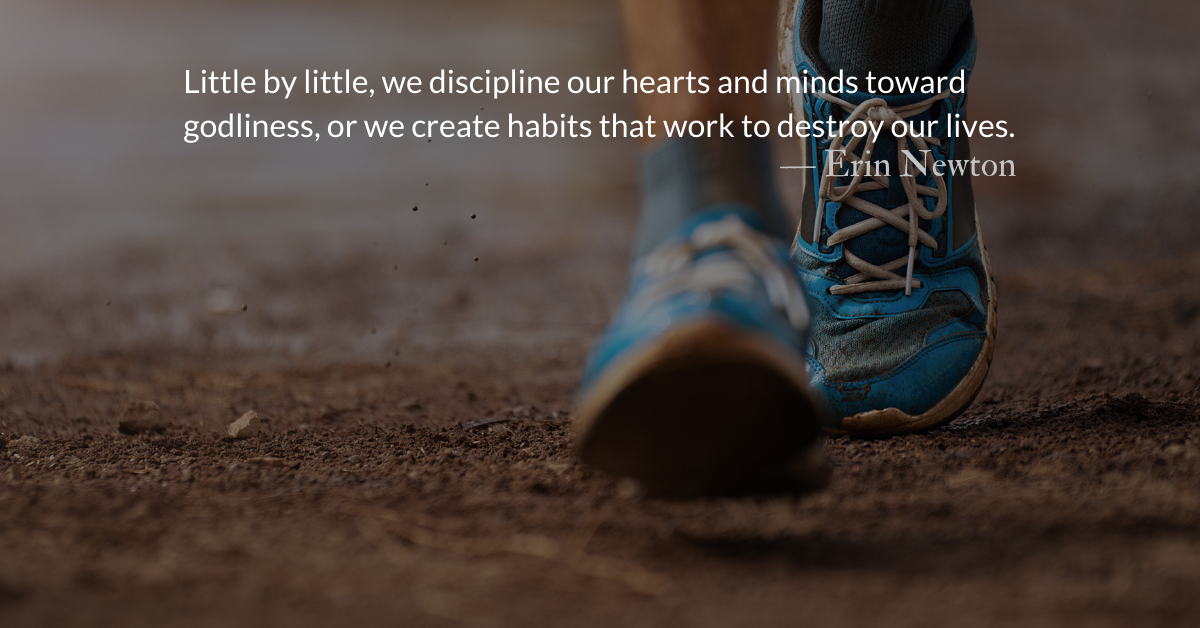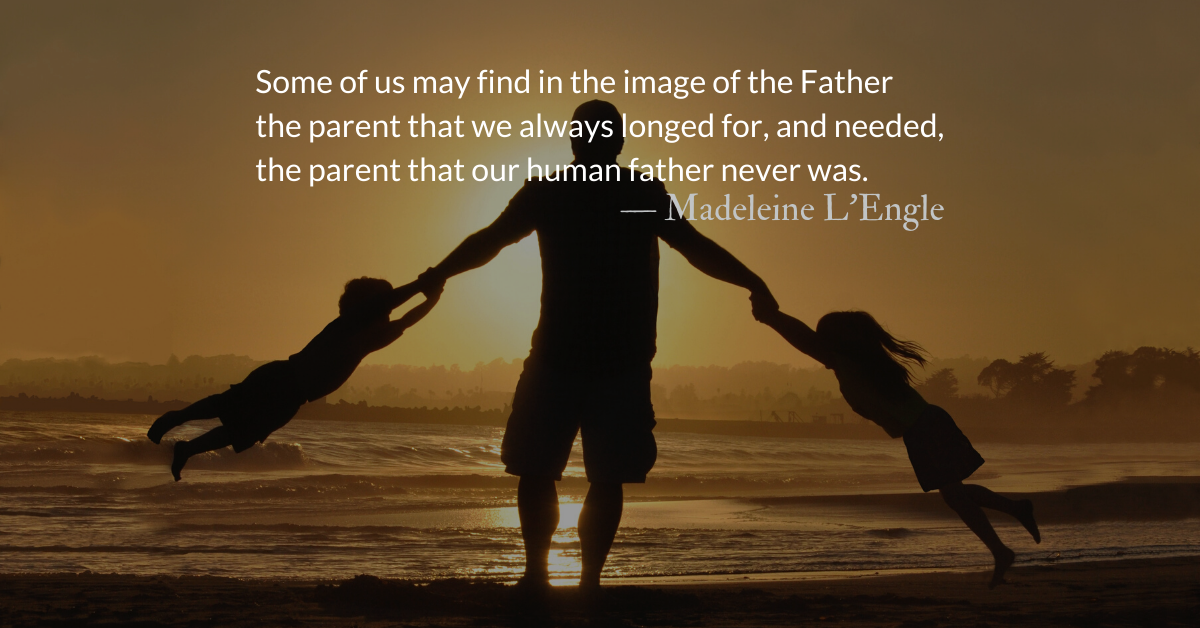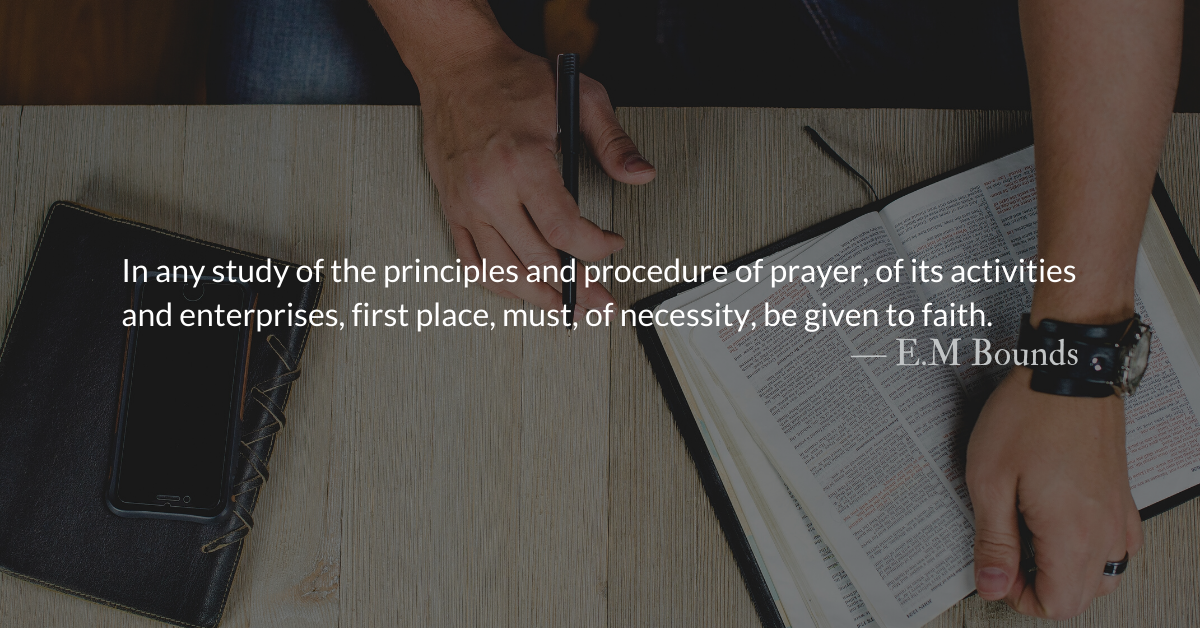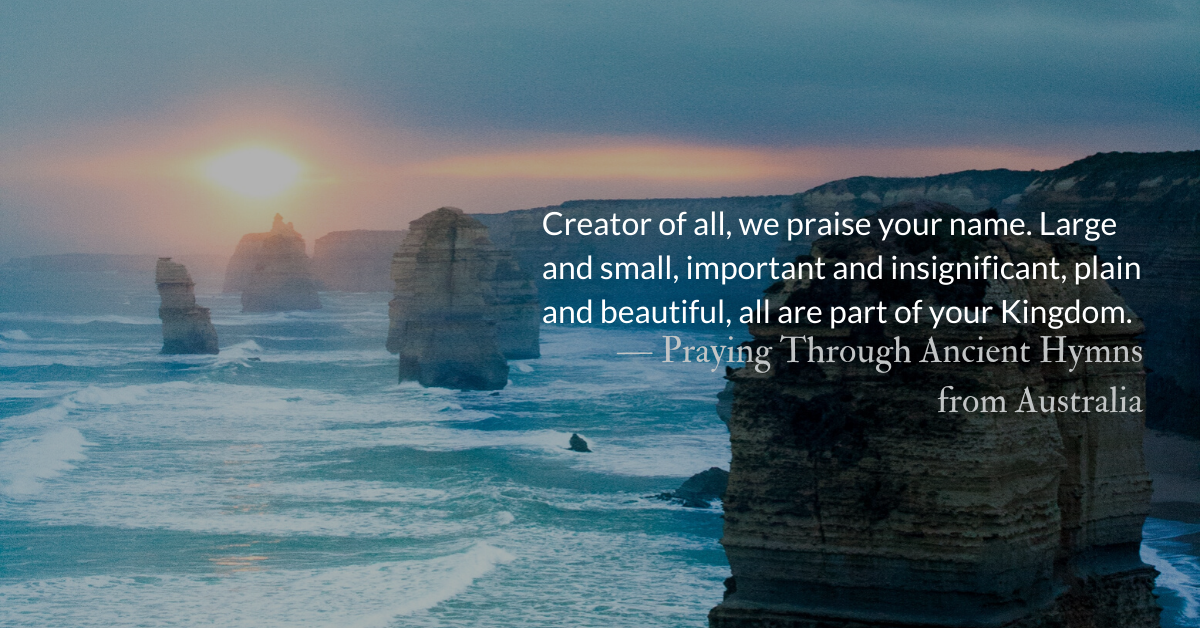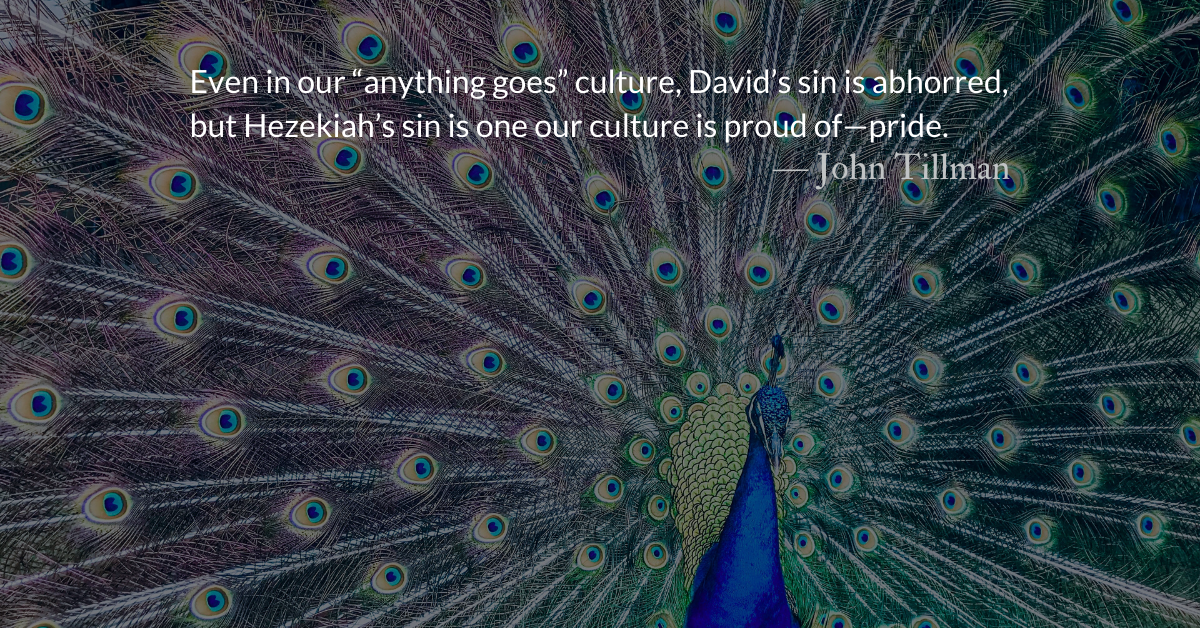Scripture Focus: 2 Kings 1.16
He told the king, “This is what the Lord says: Is it because there is no God in Israel for you to consult that you have sent messengers to consult Baal-Zebub, the god of Ekron?
Reflection: Muscle Memory
By Erin Newton
Anything we do repeatedly becomes muscle memory. Without thinking our body moves out of habit. We learn new skills intentionally or subconsciously through our environment. For many, our upbringing shapes how we react: good and bad.
Ahab had died and his son Ahaziah took the throne. He was no better than his father and was listed among the evil kings of Israel. He was a product of his environment, raised by parents who delighted in persecuting others. But now, Ahaziah was critically injured. Fearful and uncertain, he looked for answers. Just as he was raised, he avoided God and looked to the idols.
God warned Elijah of the king’s sin. The prophet condemned Ahaziah for looking for hope outside of God. With the king’s life in the balance, death was proclaimed. The prophecy was fulfilled. Ahaziah adopted the sinful behavior of his father and suffered the same tragic death.
For generations, the kings had increasingly turned aside from following God. The habit of seeking one of many foreign idols had become instinctive. Each new king was further desensitized to wickedness. The call of the prophet was to speak truth to deaf ears trusting someday one would finally hear.
Our spirit has “muscle memory” of sorts. Our heart is shaped and trained by our thoughts and actions each day. If the heart is daily practicing hate, gossip, jealousy, rage, divisiveness, or lust, that will become the natural impulse. Professional golfers to hobby knitters all know the importance of practicing the right way of doing something. In the same way, our hearts must be trained to seek God.
Breaking away from old habits can be extremely difficult. Christians are told to be devoted to prayer, encourage one another, continue meeting together, and study the Scriptures. Each of these are daily routines that build spiritual habits. The spiritual disciples keep the heart sensitive to wickedness and open ears to hear the truth.
How can you incorporate new practices in your life that will develop a heart for following God? The commute to work can include moments of prayer. The wait before a doctor’s appointment can be used to read a few verses. The silence of the shower can be an oasis of meditating on truth. Little by little, we discipline our hearts and minds toward godliness, or we create habits that work to destroy our lives.
“…train yourself to be godly.” (1 Timothy 4.7b)
Divine Hours Prayer: The Request for Presence
Test me, O Lord, and try me; examine my heart and mind. — Psalm 26.2
– From The Divine Hours: Prayers for Summertime by Phyllis Tickle.
Today’s Readings
2 Kings 1 (Listen – 3:13)
2 Thessalonians 1 (Listen – 1:52)
Read more about Milk of the Word, A Precedent to Growth
Even the simplest of disciplines, church attendance, has been in decline since 1959. We can’t, therefore, blame millennials for it.
Read more about For Sustainable Cultivation
Oh, God, planter of the first garden, cultivator of all creation,
We ask you to teach us to cultivate our hearts.

